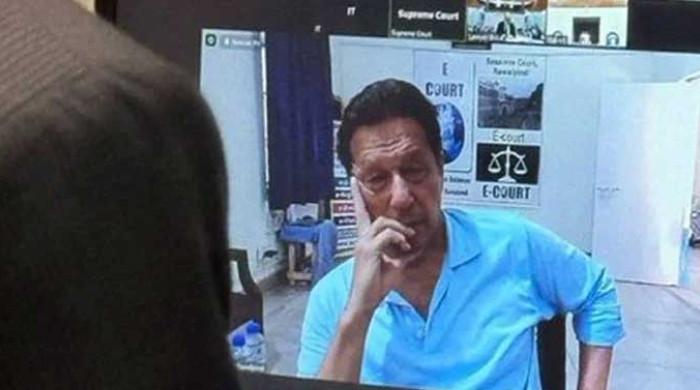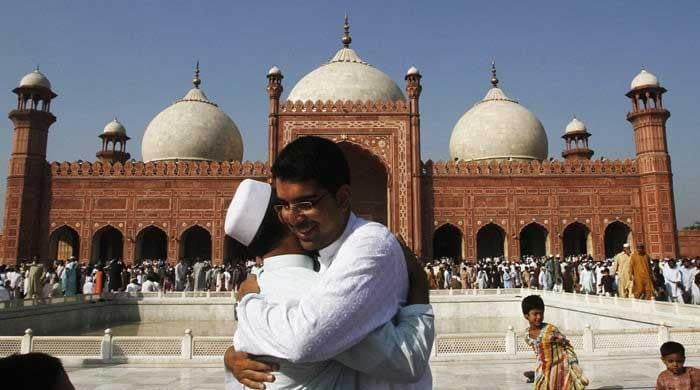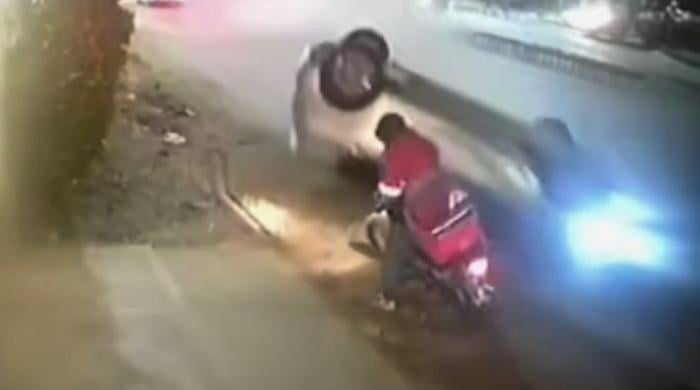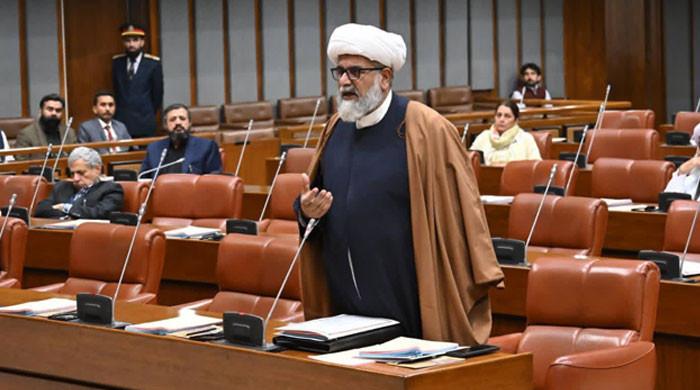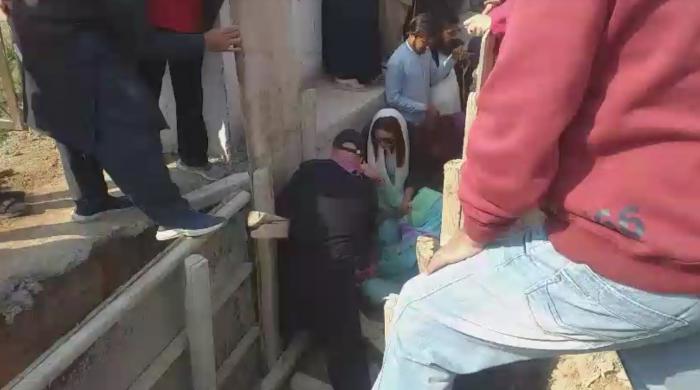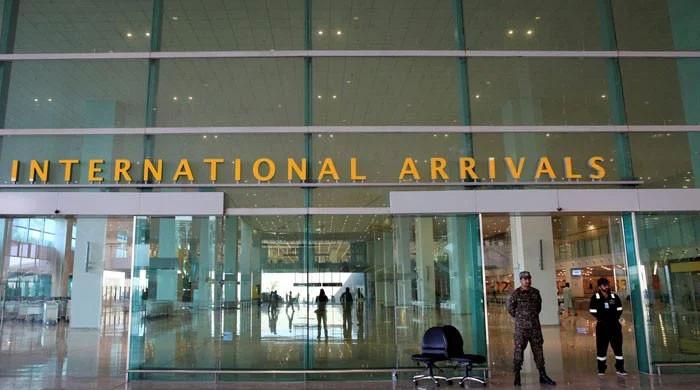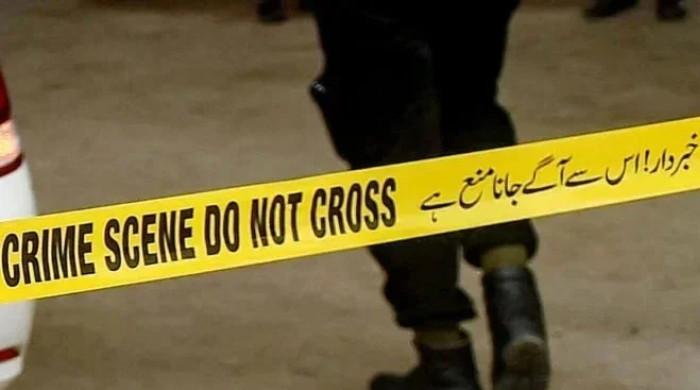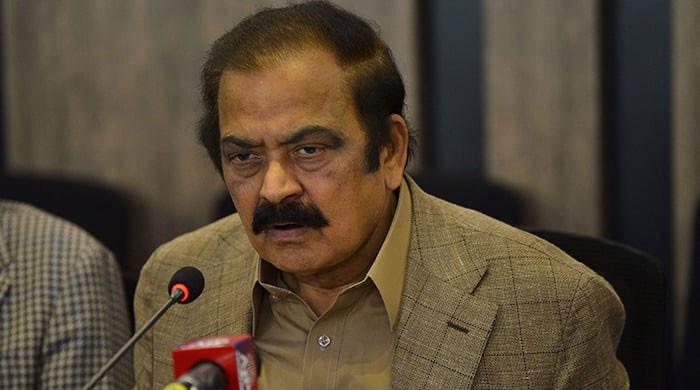Workshop discusses role of teachers in countering radicalisation in universities
Social harmony is one of the yardsticks through which the progress of any country is assessed, says expert
September 07, 2017
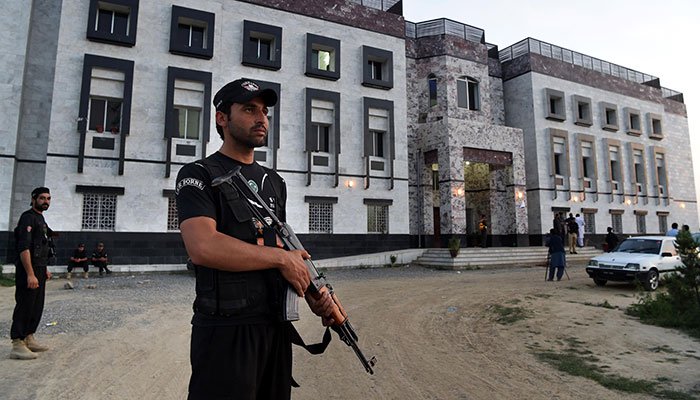
KARACHI: To counter the rising trend of highly educated youth joining militancy, teachers can be engaged to impart students with skills that open them to diverse opinion in classrooms and equip them with tools for using social media with responsibility.
These thoughts came in a discussion in a day-long workshop at Karachi on Thursday with over 40 teachers from universities attending, including Karachi and Balochistan.
The workshop was organised by a Islamabad-based think tank Pak Institute for Peace Studies (PIPS). The discussion explored the role of teachers in promoting social and religious harmony.
Taking part in the discussion, former chairman Council of Islamic Ideology, Dr. Khalid Masud, said ‘well-educated’ individuals from applied sciences joining militancy is because of the way these subjects are taught, incline their students towards “exactness” – tending to find one specific solution.
At an intellectual level, engineers and doctors fall for radical inspirations, which too paint the world in black and white, ignoring the grey nuances, added Masud.
"Unchecked information available through modern social media tools also contribute in hardening the opinion of users towards the extreme."
"Self-radicalised individuals have often fallen through social media," said the former chairman.
Dr. Masud said that because teachers are not much aware of social media, they are unable to understand the emerging trends and how to effectively deal with students. Participants at the workshop also called to sensitize teachers on social media.
Academic Syed Jaffar Ahmed agreed, saying that the students of today are glued to social media gadgets but lack physical activity. Even playing grounds are fading, he lamented.
Encouraging students to engage with each other, in more than one activity, can be conducive in opening them to multiple worldviews, which is a must to counter radicalisation, added Ahmed.
Experts called upon teachers to uphold diversity, opening students to multiple views, noting that the curriculum may have flaws such as inculcating history through a certain identity framework, that of religion.
Religious scholar Sayed Ahmed Banuri termed the link between curriculum and teacher as mutual. Teachers can help sensitise students and impart curiosity, he said.
Meanwhile, Dr. A. H. Nayyer, a renowned educationist, said that while differences between different groups were already present in the country, those differences widened and exacerbated in the 1980s, as the state attempted to shape a peculiar narrative.
Experts further called upon teachers for overcoming parochial biases; teachers should disassociate their understanding of the world to a single identity, whether ethnic, religious or sectarian, it was said.
Earlier, Mohammad Amir Rana, Director PIPS, argued social harmony is the need of today’s globalised world, where a majority in one area is a minority in another area.
He argued that social harmony is one of the yardsticks through which the progress of any country is assessed.




